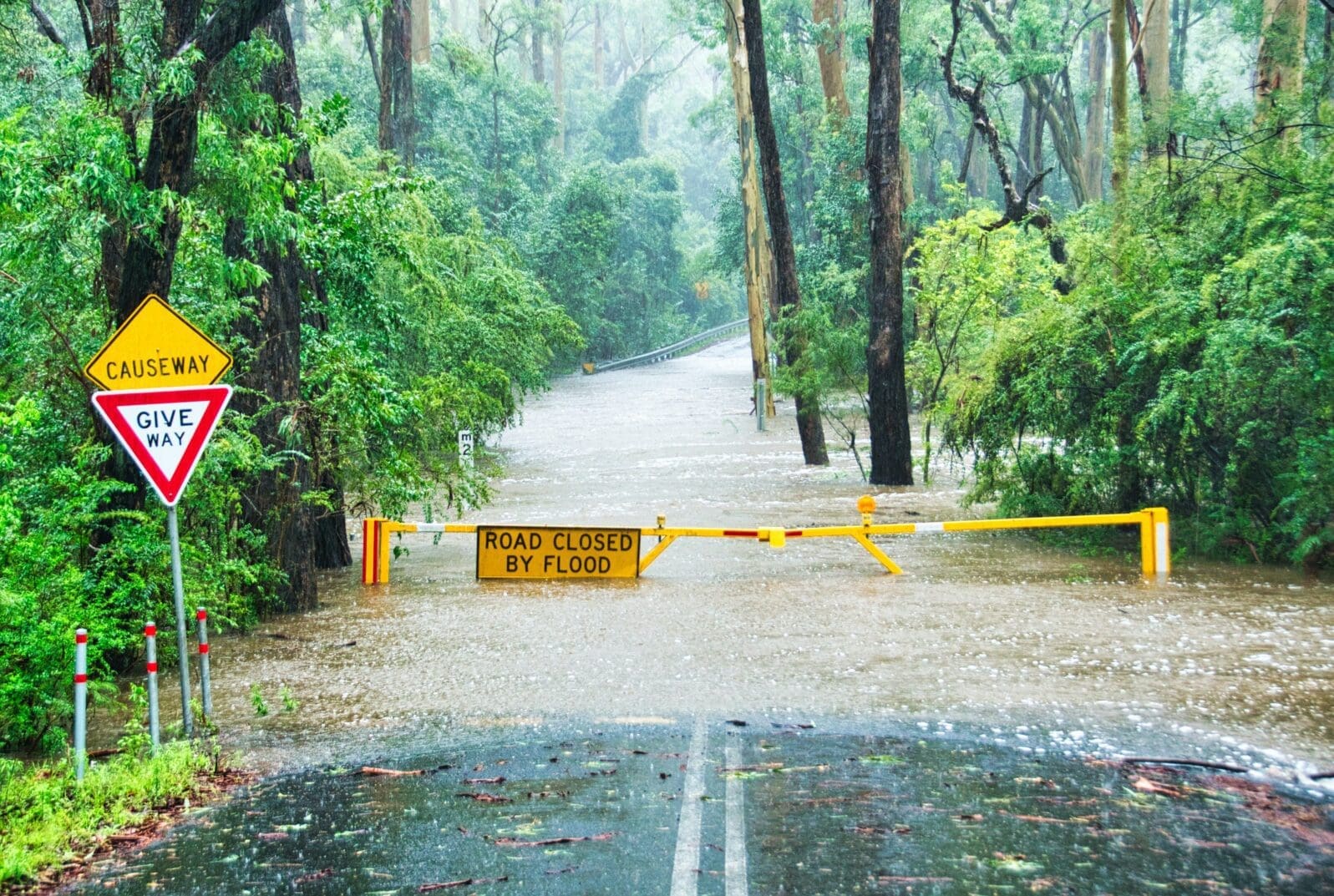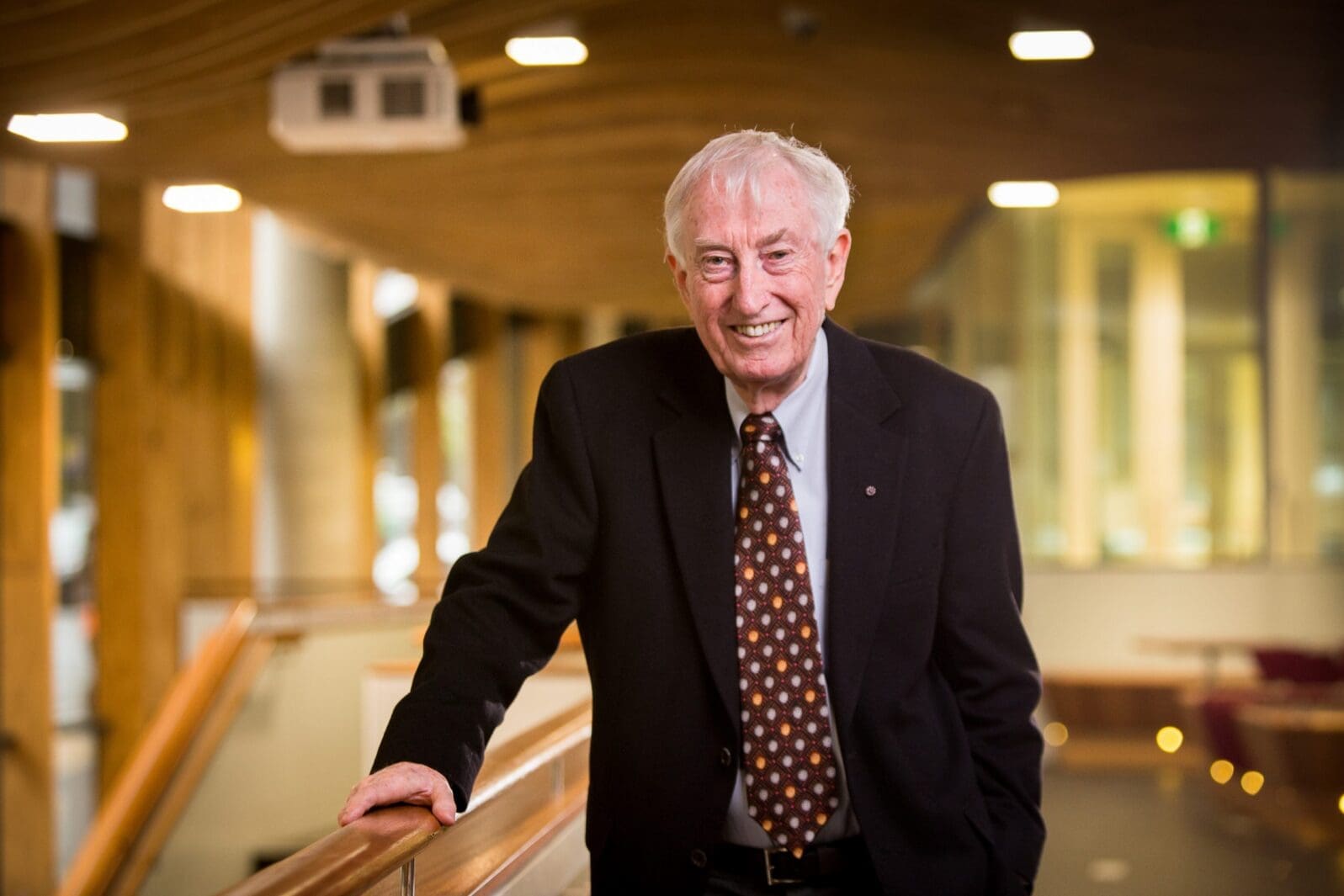According to the World Health Organisation, climate change represents the greatest threat to human health in the 21st century.
On 7 April, some of Australia’s most eminent health researchers came together to highlight how global warming has emerged as an unprecedent challenge for the health sector in Australia and officially launch the Academy’s statement, Climate change: an urgent health priority.
Professor Warwick Anderson FAHA FASSA FAHMS, chair of the AAHMS Climate Change and Health Steering Committee, was joined by Professor Peter Doherty AC FRS FAA FAHMS, Professor Fiona Stanley AC FASSA FAHMS (Hon), and Professor Ian Anderson AO FASSA FAHMS to discuss why climate change is a major and urgent health issue in Australia, and what the health and medical research community can do to mitigate current and future threats.
You can watch a recording of the event below or access it in our video library. You can also download the Academy’s statement in full.
Opening the event, Academy President Professor Ingrid Scheffer AO FRS FAA PresAHMS highlighted the role of the health and medical research sector in mitigating the health risks associated with climate change. “Health should be a key aspect of climate policy, and likewise, climate should be a part of health policy,” she said.
As an epidemiologist with an interest in the impact of climate change on the health of children in particular, Professor Fiona Stanley said there was a poor understanding among authorities of the pathways to climate change and causal pathways to health outcomes. “A mean rise of 1.5-2 degrees Celsius doesn’t sound like much but the percentage of days over 35 has increased dramatically, and that’s what will affect the health of the population,” she explained.
Professor Ian Anderson, a Palawa man from the northwest coast of Tasmania with traditional ties to country known as Tebrakunna, has worked for decades in Indigenous health and education, as well as policy.
“Indigenous peoples, both in Australia and globally, have traditional knowledges that are really key to seeing a way forward on this important issue,” Professor Anderson said.
Not only are First Nations people more likely to be affected by climate change – living in environments that are more likely to be impacted by climate change, such as the far north of Australia or on arid land – but Professor Anderson noted that Indigenous people in Australia and elsewhere have a long tradition of ecological practices that are critical to finding ways out of the climate crisis.
Additionally, Indigenous peoples should be part of the conversation, given there may be economic value in some strategies out of the climate crisis, such as carbon farming or savannah management, he said.
Professor Peter Doherty highlighted the implications for health from every aspect of climate change, from food security, increasing temperatures to the availability of dry land. The most pressing challenge right now – “it’s a complex and difficult political sell,” he said.

Climate change is already impacting the health of Australians, including by leading to death and illness from increasingly frequent extreme weather events, such as heatwaves, storms and floods, increases in water- and vector-borne diseases, and mental health issues.
All the speakers agreed that there needed to be a greater focus on climate change from political leaders, as well as the health and medical research sector.
“We are at a moment were industry, business and academics and the Australian population are all aligned. We need political action,” Professor Anderson said. “The intellectual challenges are large but it’s also about health and medical research working with alliances with the change makers, with political alliances, with industry, with the medical profession to make a change.”
Professor Fiona Stanley highlighted the need for doctors and researchers to be “advocates for health”.
“What is good for us as people is also good for the planet,” she said. “We need a call to arms. We need to push for abandoning fossil fuels, it’s for the health of the future.”
And of course, it is up to everyone, not just in health and medical research, to consider their actions. “The reasons we have more pandemics, is people are getting on planes and flying around,” Professor Doherty said. “We have to look at all our practices. What can we do that will engage people and make them focus on the climate?”
Download the Academy’s full statement, Climate change: an urgent health priority, below.

